Life can be challenging, and sometimes we find ourselves feeling stuck or unsure of how to move forward. In these moments, a life coach can be a valuable resource to help guide us towards our goals and dreams. However, whether you choose me or someone else for your adventure in personal developement, it’s important to understand what a life coach does and doesn’t do for you. So, let’s explore these expectations and set the record straight.
What a Life Coach Does:
A life coach is a trained professional who helps individuals identify and achieve their personal and professional goals. Here are some key things a life coach does:
- Provides Support and Encouragement: A life coach is there to support you every step of the way. They offer encouragement, motivation, and help you stay accountable to your goals.
- Helps You Gain Clarity: Sometimes we have a general idea of what we want, but we lack clarity on the specifics. A life coach can help you gain clarity by asking thought-provoking questions and guiding you towards a clearer vision.
- Assists in Goal Setting: Setting goals is essential for personal growth. A life coach helps you set realistic and achievable goals that align with your values and aspirations.
- Develops Action Plans: Once you have identified your goals, a life coach helps you create actionable steps to achieve them. They break down big goals into smaller, manageable tasks, making the journey seem less overwhelming.
- Offers Accountability: It’s easy to lose focus or get distracted along the way. A life coach provides accountability by checking in on your progress, celebrating milestones, and helping you stay on track.
What a Life Coach Doesn’t Do:
While a life coach can be a valuable ally on your personal development journey, there are certain things they don’t do. It’s important to be aware of these limitations:
- Therapy or Counseling: Although a life coach may touch on emotional aspects of your life, they are not therapists or counselors. Life coaching focuses on the present and future, rather than delving into deep-rooted emotional issues from the past.
- Tell You What to Do: A life coach is not there to make decisions for you. They guide and support you, but ultimately, the choices and actions you take are up to you. A life coach empowers you to find your own answers and make your own decisions.
- Provide Quick Fixes: Personal growth and achieving goals take time and effort. A life coach can’t magically solve all your problems or provide instant results. They help you develop the skills and mindset needed for long-term success.
- Offer Financial or Legal Advice: While a life coach can help you set financial or career goals, they are not financial advisors or lawyers. They can’t provide specific financial or legal advice, but they can help you explore options and make informed decisions.
- Replace Personal Responsibility: A life coach is a guide, but they can’t do the work for you. Personal responsibility and commitment are essential for achieving your goals. A life coach can support and motivate you, but ultimately, the effort must come from within.
Understanding what a life coach does and doesn’t do can help you set realistic expectations and make the most of your coaching experience.
Choosing a life coach is not a simple task. Some are specialized only in specific areas, some are more broad-based and willing to go where ever the adventure in personal developement takes them with their client.
Some important factors to consider:
- How well do you connect, how comfortable do you feel when interacting with your coach. Is this someone with whom you can build trust?
- Does your coach really listen to you and ask questions based on what you told him, or does he interupt your thoughts, offers too much advice, or relates his own experiences to your situation? A good coach listens and guides based on the thoughts and feeling you convey during sessions or interactions. A coaches personal experiences, in most cases, do not apply. This is about you, not him.
- Does your coach value money over results? Life coaching isn’t about spending a predetermined amount of time with their client, it’s about delivering results. A life coach should provide you with support outside normal coaching hours. An extra fifteen-minute call, emails, or texts outside your scheduled time together shouldn’t be a problem. If your life coach won’t lift a finger without getting paid, you’ve hired the wrong coach!
- Life coaching promotes client’s autonomy. Effective coaches collaborate with their clients to discover answers to their questions. If your coach is treating you like a passive, dependent partner, you have the wrong coach. Your coach should be guiding you to be an independent problem-solver. If not, then it’s probably time to rethink your situation.
Remember, a life coach is a partner on your journey, offering guidance, support, and empowerment. With their help, you can unlock your full potential and create the life you desire.


